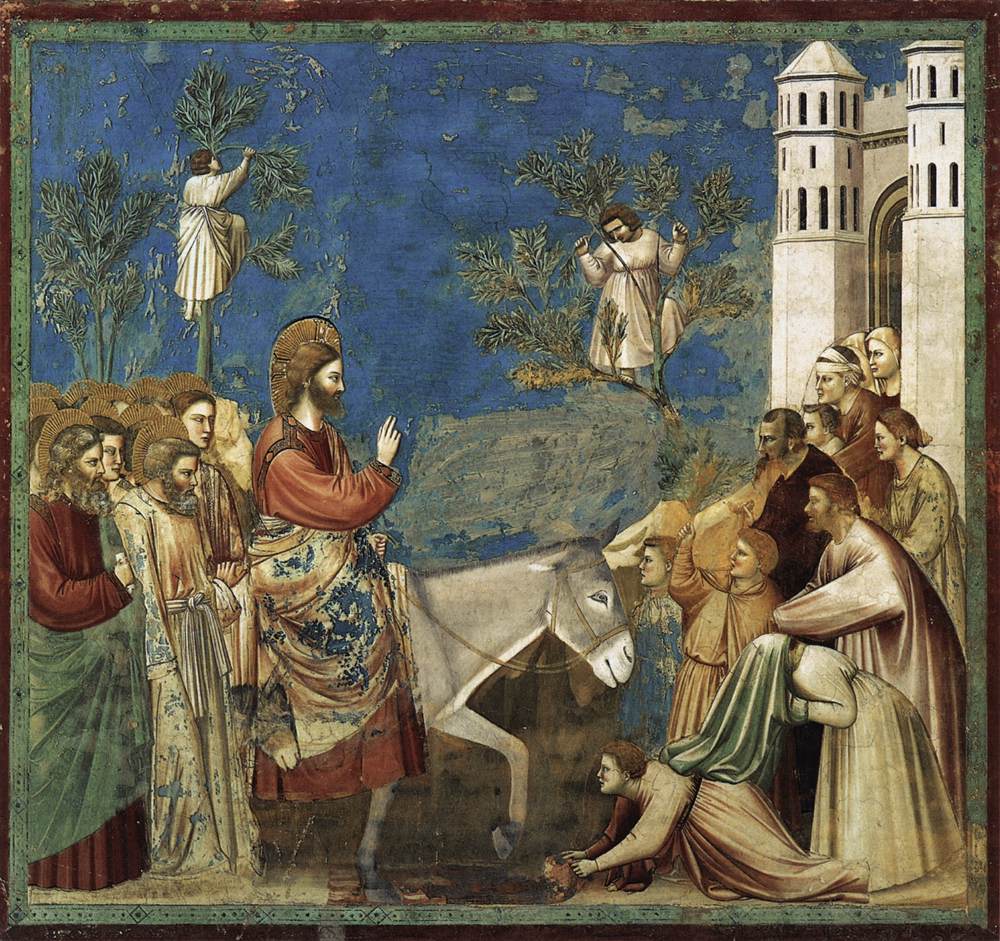“Without confidence and love, there can be no true education” – St. John Bosco.
I carried these words of St. John Bosco and no teaching experience into my high school junior and senior theology classrooms.
Anyone who has ever faced a “first day of school” on the chalkboard side of the classroom knows that it can be a particularly intimidating and paralyzing event. Within those four walls, the teacher has recourse to no one but him- or herself and it can feel as though the classroom has become a parody of Lord of the Flies…with the teacher auspiciously cast in the role of Piggy (if you haven’t read this book, know that it doesn’t end well for Piggy).
Needless to say, confidence is not the virtue that leaps spontaneously to the fore in this situation.
As I write this, I have sixty some days of school under my belt. Any success I have had has little or nothing to do with my mastery of my subject matter. This is isn’t a novel insight—to which anyone who has taken a class with a disimpassioned “expert” can attest—but knowledge of a certain subject matter does not necessarily translate into effective teaching. Of course having a firm grasp of theology is a necessary precondition for successfully teaching the subject.
But—as I’ve found and as John Bosco asserts—having confidence and love is a necessary precondition for successfully teaching any subject.
“Without confidence and love, there can be no true education.”
I’ve found that students will respond to teachers who act confidently towards them. They want to know that they are in trustworthy hands. Even when I don’t always know where they left their backpacks, or whether they’re allowed to wear their shirt backwards according to the dress code, or what the proper procedure is when the wall begins to leak, comporting myself as though all will be well offers the students a stable environment to start learning.
This is what I refer to as “teaching as though the kingdom has already come.”
No classroom is perfect, and there will always be unpredictable situations to address. Christ tells us, “In the world you will have trouble, but take courage, I have conquered the world.” There are certainly times when I feel as though the star-hurling red dragon from Revelation 12 would be preferable to a classroom of thirty seniors on Friday afternoon. However, teaching with resolute faith that Christ has conquered whatever “trouble” comes creates the actual confidence within the teacher that was only feigned before.
And it is this posture of confident assurance of Christ’s complete conquering of “trouble” that frees a teacher to love.
This is not unique to theology classrooms.
No matter what one teaches, believing that all will be well and recognizing the dignity of students creates a classroom in which the student respects a teacher enough to listen and trusts a teacher enough to be taught.
All of us were made out of love and for love. It is what we yearn for; it is how we are made. When a student receives the love he or she yearns for, learning can begin. We listen to those we love and who love us. (Conversely, we close ourselves to those whom we dislike).
Attending the school play, going to the football games, receiving heart-breaking stories of domestic violence, immigration difficulties, and family separations, and accepting late work are all things that I’ve found create a bond of love and trust between the students and myself. These students consistently take better notes, thoughtfully complete their homework, are less apt to disrupt class, and listen attentively to lectures.
They learn—and not because I’m an amazing teacher, but because they have decided to receive with gratitude the information I’m offering.
Simply put, when students trust you and feel loved by you, they listen to you.
Usually.

